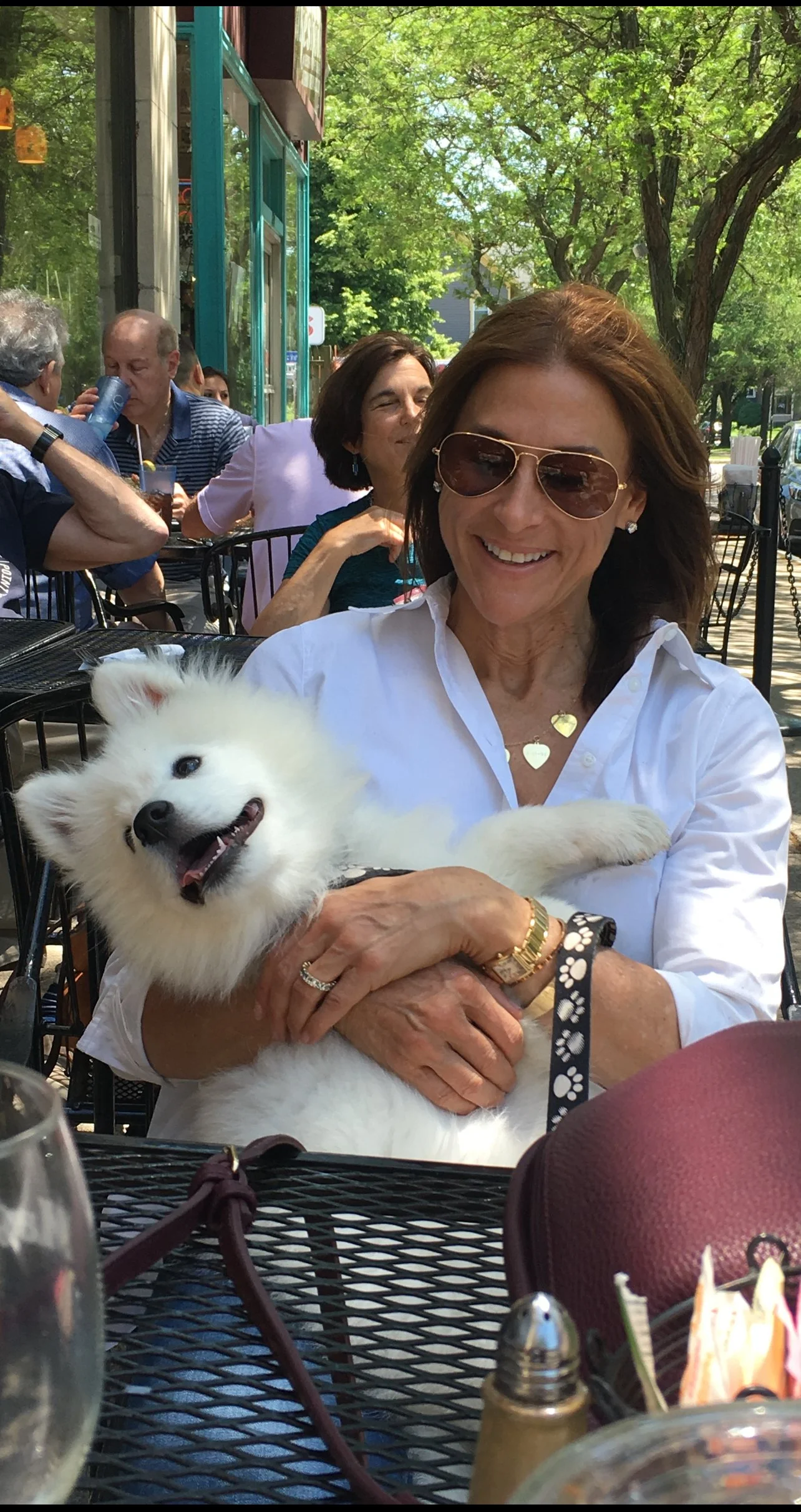Finding Purpose After a Stroke
By Dana Rivera
All of us are born with purpose in life. Some know it from an early age, but for others it can be an ongoing struggle.Suffering a traumatic event such as a stroke can leave survivors chasing the question of “What will my purpose be if I can’t do the thingsI used to do?” We know purpose is associated with psychological wellbeing. Purpose is connected to resilience and social support. It is vital for coping.
When someone suffers a stroke or any type of traumatic eventand survives, often the person feels hopeless or indifferent about thefuture. They have two choices of mindset. The first is to adopt theattitude of, “I am going to fight as hard as I can to make a full recovery.”The second is to say, “I throw my hands up in the air and resign to fate.”No matter what mindset is chosen, the fact is that certainty about life hasbecome uncertain. What once made sense no longer applies
“Survivors talk about a “new normal.” We have to create this new normal and add it into our daily lives. Physical, occupational, and speech therapy are a constant in the day-to-day life of a stroke survivor.”
In addition to bodywork, survivors try to make sense that their lives still have meaning and direction. We are constantly trying to achieve goals—striving for small ones first and then moving on to bigger ones. This happens on a daily and weekly basis and is a vital key to maintaining self-esteem and life satisfaction. We want to feel as if we can still contribute to society.
Our lives have taken a detour that doesn’t allow us the same opportunities it once did due to physical, cognitive, and emotional challenges. However, the opportunities presented to survivors are new and they can be meaningful. Looking through a new lens and seeing away to find and pursue different goals, projects, and hobbies is essential to finding that gift we so badly want to share with others.
How do we redefine who we are?
How do we look at our stroke as an opportunity to recreate who we want to be?
How do we redo or do over our blank canvas to change our narrative?
Since suffering an ischemic stroke in June 2009 at the age of 44, I have answered those questions. I was able to find my meaning and my purpose.
My survival and recovery became my focus, which led to volunteering as a stroke facilitator, first in the acute rehab center where I was once a patient, and later at local hospitals and neighborhood communities. I offered my time and shared my story of successful rehabilitation. I also became a volunteer for the American HeartAssociation, sharing my story at every opportunity.
This service to others has given me a voice I use to educate, share, and serve in the survivors’ community. I have been fortunate to meet and connect with hundreds of survivors and family members sharing hope for our “new normal.”
Thirteen years after the stroke that changed my life, I have learned to give my pain purpose and turn it into something beautiful. I hope my fellow stroke survivors will, too.





